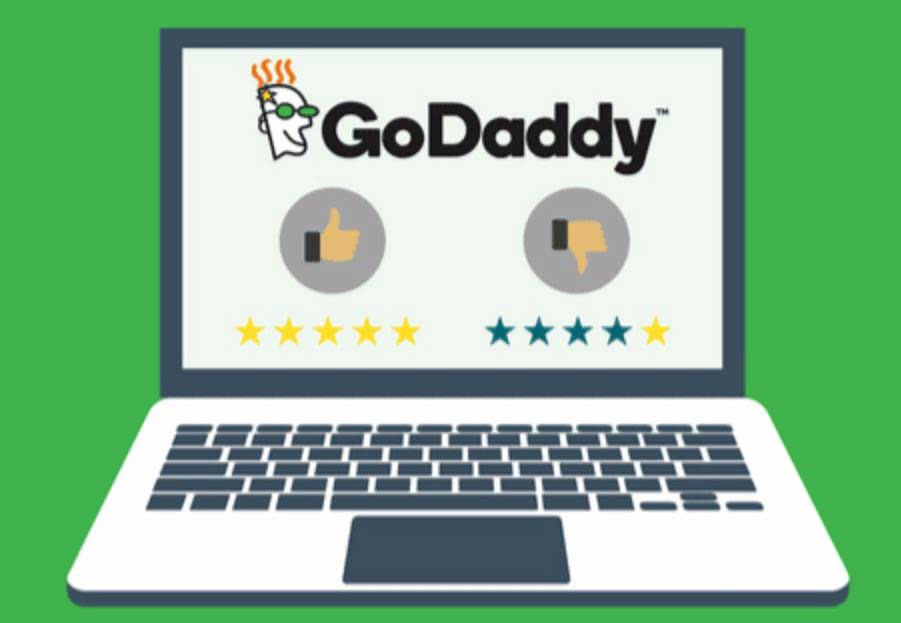
Reports produced can help businesses predict sales trends and volume for a given period. Supply chain planning covers the procurement of raw materials and the selection of the right marketing channels to promote your finished products. It ensures prompt replenishment of stocks and determines how much stock is left in the inventory at any given time. ERP solution helps users to understand and foresee situations such as low stocks and supply or delivery delays. ERP also handles contact management, marketing automation, lead management, and sales pipeline activities. These tasks are automatically tracked and reports produced in the ERP system.
- Data management, security, and storage are among the most important needs of any major twenty-first-century business, but managing these systems can be complicated and expensive.
- Enterprise Resource Planning software and system date back over 100 years ago.
- Workers in every department gain access to timely information, which improves communication, decision-making and coordination of business processes.
- Users can use the analysis to reflect on their strategy and the effectiveness of certain tasks.
- ERP systems are designed to ensure that all these modules work seamlessly together, creating an integrated and cohesive system.
- While financial management and accounting are key ERP functions, the system’s capabilities stretch far beyond this department.
- There are situations in which a company can integrate external stakeholders into its ERP system.
Applications over smartphones
- This means a company can customize, modify, or redistribute the ERP to better meet the company’s needs.
- Some of these business activities include accounting, project management, risk management and compliance, procurements, and supply chain operations.
- The new system (the ERP model) serves as a single-source-of-truth software solution.
- By 1990, analysts at research firm Gartner concluded this category of software needed its own name, dubbing it enterprise resource planning to denote its general-purpose role.
- Therefore, you must rely on the vendor for world-class customer service and technical support.
As these technologies continue to Bookkeeping for Chiropractors evolve and mature, they will further enhance the capabilities of ERP systems, helping businesses become even more agile, efficient, and responsive to changing market conditions. In today’s fast-paced business environment, understanding “what is ERP” and leveraging it is crucial for organizations looking to stay ahead of the competition. In this comprehensive guide, we’ll explore the ins and outs of ERP, its evolution, key components, benefits, and future trends, helping you confidently navigate the ERP world.

Are you struggling to keep up with customer demands?
- ERP is highly customizable, though there are common methodologies across the industry.
- In summary, ERP systems provide significant benefits for managing accounting functions within an organization.
- There are three main types of ERP systems that function with different deployment model options.
- Also, menial and manual tasks are eliminated, allowing employees to allocate their time to more meaningful work.
- Here are some of the top ERP modules that businesses find valuable and useful for their day-to-day operations.
Cloud ERPs like SaaS products offer better scalability, allowing businesses to easily adjust resources and features as needed without significant upfront investment in hardware. Cloud ERP systems typically have a subscription-based pricing model, and updates/maintenance are managed by the ERP provider (not the company itself). ERP systems tie together a multitude of business processes and enable the flow of data between them. By collecting an organization’s shared transactional data from multiple sources, ERP systems eliminate data duplication and provide data integrity with a single source of truth.
What is New with Enterprise Systems?
The accounting department is one of the departments that use ERP software. This department is responsible for all the financial duties in the company. As a result, it has to track and report all the financial transactions and other information recorded in the ERP system. The question should not be who uses ERP software, but rather who erp defined doesn’t need ERP software?
It provides massive benefits to companies, such as increasing their efficiency and their Return On Investment (ROI). Companies typically grant access to their ERP systems to essential stakeholders. The more stakeholders have access to the ERP system, the more benefits it brings to the company. Every ERP application or module restricts itself to just one business activity.

This deployment model offers lower initial costs, easier scalability, and reduced maintenance responsibilities, making it an attractive option for many organizations, particularly small and medium-sized businesses. ERP systems are based on various different modules that are there to support specific business processes. There are a select number of modules that are foundational to an ERP system and there are third-party applications to access additional features.

Enterprise Resource Planning FAQ
Some of the financial information it tracks and reports include Accounts Payable (AP), Accounts Receivable (AR), inventory, and payroll including payroll tax. Is current software making it difficult to bookkeeping keep up with customer demands? A poorly coordinated tech stack makes it difficult to maintain data consistency, or even fulfill orders in a timely/accurate manner. One of the key ways to determine how valuable an ERP program could be to a business is to consider data needs. If your operations rely heavily on big data, chances are good that basic programs aren’t sufficient. Sage offers a range of ERP solutions, including Sage 100, Sage X3, and Sage Intacct, catering to different business sizes and industries.

0 Comment